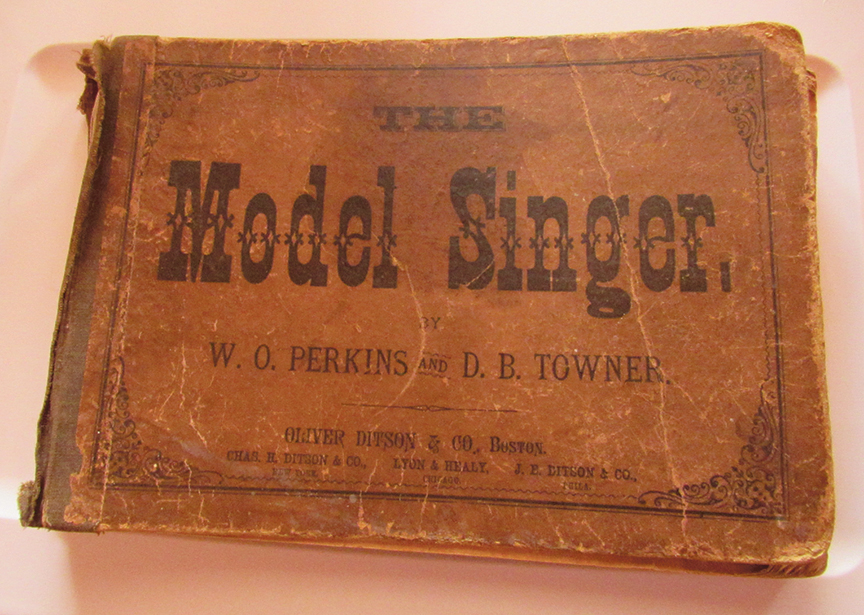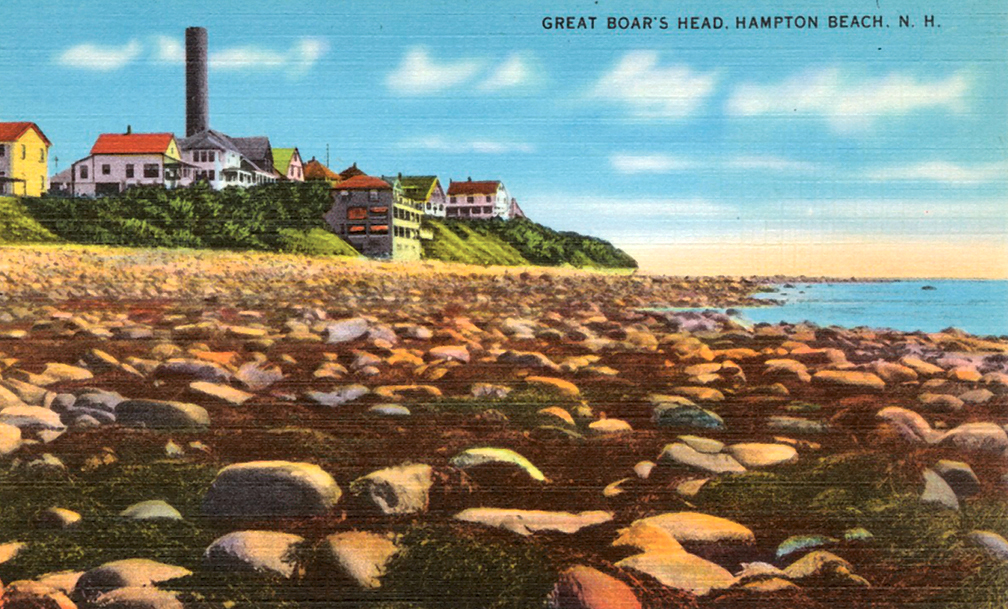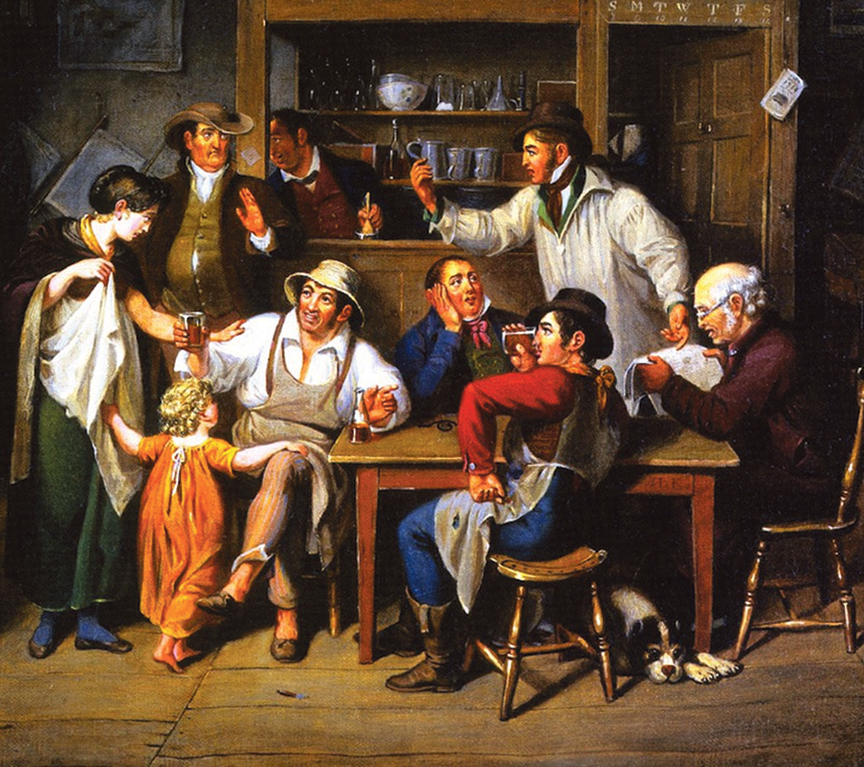Deacon Brown – The Bible Man



by Robert Hanaford Smith, Sr.
Weirs Times Contributing Writer
In the month of January in the year 1849 Deacon William G. Brown began working under the auspices of the New Hampshire Bible Society with the task of traveling around the state selling and distributing Bibles and raising money for the Society.
Though probably few of New Hampshire’s current residents have ever heard about Deacon Brown, he was no doubt known to many of those who lived in the nineteenth century and was well-known by Dr. J. Elizabeth Hoyt-Stevens who wrote of her memories in The Granite Monthly, enabling me to tell you about him.
He was frequently in Concord, where the Bible Society had its headquarters, but Deacon William Brown made his home in Campton, N.H. with his family. He was born in Hollis on July 3, 1815.
For many years the Deacon had the companionship of an old white horse that he rode as he went from town to town and house to house leaving many Bibles on route. After the horse died it continued its usefulness to Brown because he had the horse’s hide tanned and made into leather cases which he used to carry Bibles and Testaments.

On a bright, sunny morning in the winter of 1874 Deacon Brown called at the home of a Mrs. Sewel Hoit and her thirteen year old daughter, Elizabeth, in Concord, soliciting contributions of money for the New Hampshire Bible Society and offering Bibles for sale. Mrs. Hoit’s husband (Sewel) had died just a few weeks previously, but she looked upon the man who was looking for donations to help others with sympathy.
The daughter, Elizabeth, would afterwards write of the man,“He was poorly clad, in rusty or faded black clothes, and a hat the worse for wear. In person he was clean and wholesome.”
Mrs. Hoit calculated in her mind that her late husbands suit would fit the Bible salesman and asked if he would accept it, which he did. Her generosity and sympathy did not end at that gesture, however, as she decided to relieve the Bible Society of some of its expense by making a room in her house available to Mr. Brown when he was in Concord.
In later years, after she had married Franklin Thurston of Marlboro, the couple still made a room available to the Deacon when he needed a place to stay in his travels. Moreover, their team of horses was always available for his use, and the Thurston’s, with the team, sometimes went with him to towns near Concord.
Deacon Brown did not buy another horse after his old white one died, but, as he sought to supply the state with Bibles, he usually used what was called “shanks mare”, meaning that walking was his usual means of transportation.
Elizabeth tells us that “He used to tell a story of one frosty morning, when in the neighborhood of the new cemetery, he met a peddler who accosted him thus:“Well, old man what are you selling?” The Deacon replied “Lamps.” “Lamps?” said the peddler; “Lamps! How can you have lamps in that bag?” The Deacon opened his bag and took out a book, opening it to Psalms 119:105; repeating the words as he handed the Testament to the man:“Thy word is a lamp unto my feet and a light unto my path.”
Brown was said to have been a delightful man to be around, being an inspiration to others and “He was blessed with humor and always saw the sunny side of life.”
This “Bible Man” was engaged in Christian work beyond the selling of Bibles and raising money for the Bible Society. He at times supplied pulpits and was involved in Bible meetings and revival services and helped in the ministries of The Young Men’s Christian Association.
His stories included one about going into a saloon while visiting his sister and her husband in Manchester. Though his brother-in-law advised him not to go into the saloon, the Deacon did so with his Bibles. He approached four young men playing cards and was recognized by one of them as the Bible man who had called on his mother. It didn’t take him long to persuade the young men to purchase ten cent New Testaments.
Another young man came into the saloon and ordered a beer. The Deacon put a Testament down beside it, and asked the man to choose whether he should spend his ten cents on the beer or the Testament, explaining that they were the same price. The man left the saloon with the Testament, as did others in the establishment.
At another time the Deacon started talking with a man who told him that he didn’t believe there was a God. Deacon Brown excitingly responded, “Oh I have heard of you! You are mentioned in a book I have here!” The man was anxious to see the book that mentioned him. Opening his satchel, the Deacon took out one of his Bibles and turned the pages to Psalm 14:1 and asked the man to read “The fool hath said in his heart, there is no God.”

Dr. Elizabeth Hoyt Stevens wrote about a weekend visit with the Deacon Brown family with her Mother and her husband in Campton. They attended a quilting party at the church and stayed in the Deacon’s house on Saturday night. His house was old and in need of repairs, and the night was stormy with a howling wind and blowing snow which came inside through cracks in the house.
Deacon William Brown became a friend of many New Hampshire residents during his many years as a Bible representative for the Bible Society. He called it “wandering forty years in the wilderness” and was credited as having walked more miles than any other man in the state.
More than one hundred thousand copies of the “word of God”(the Bible) were reportedly left in the homes of New Hampshire residents by the “Bible Man.”
In April of 1892 he had been carrying on the work he was engaged in for many years and had gone to spend the night at Concord in the room reserved for him at the Thurston home where he passed away. The headline in The Milford Farmers Cabinet on April 14 proclaimed “A Prince In Israel is Dead”.
The following article said “Yes, the good Bible man has gone to his rest. The cheering familiar face of our dear loving friend and brother will be seen no more. The pilgrim has ceased his wanderings;the well-worn and time-honored satchel with its precious Bible burden has ceased its visitations, and the whole State is in tears.”
It had been forty-three years since the Deacon’s Bible-distributing ministry began. And the poet has written:
“In summer’s heat and winter’s cold, O’er hill and dale and plain,
He’s borne his satchel till grown old, Through sunshine and through rain.”
“He rests, and blessed is his rest, For in long years to come,
His name shall yield a sweet perfume Within our every home.”
Robert Hanaford Smith, Sr., welcomes your comments at danahillsmiths@yahoo.com



